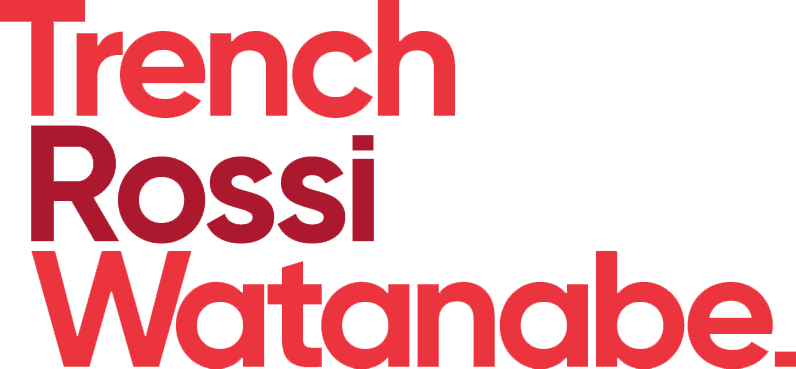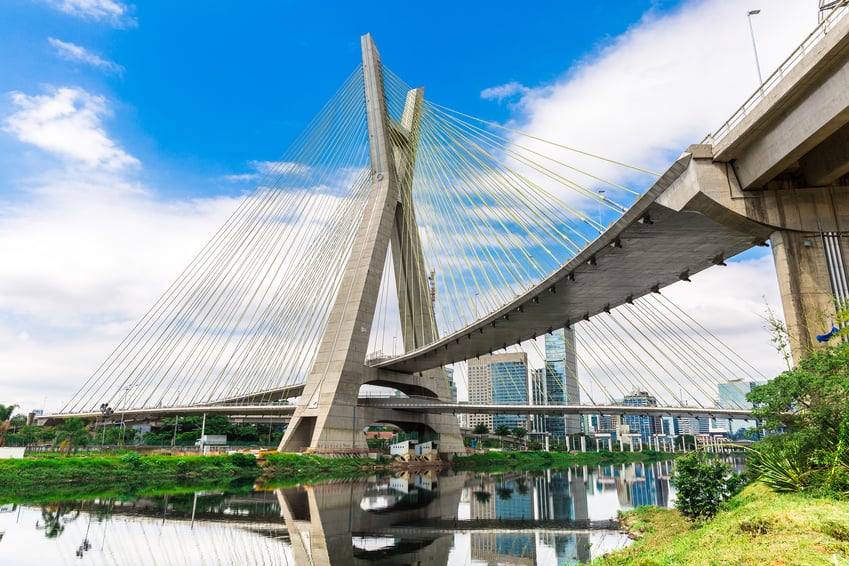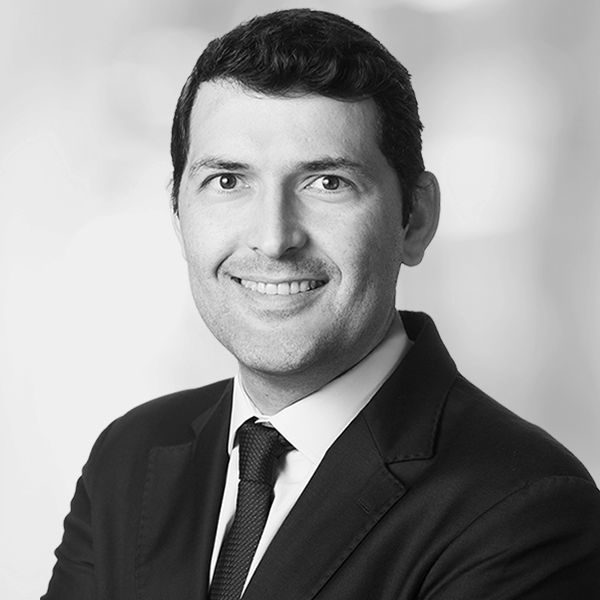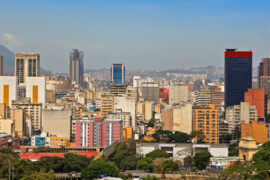In brief
On 9 February 2024, the Minas Gerais State Secretariat for the Environment and Sustainable Development (SEMAD in Portuguese) published Copam Normative Decision No. 249/2024, which defined the guidelines for implementing, operating and monitoring the take-back requirement systems in the state.
More details
By establishing guidelines for operationalizing take-back systems, Copam Normative Decision No. 249/2024 made it mandatory for manufacturers, importers, distributors and traders to structure and implement take-back obligations for the products it specifies in the state of Minas Gerais.
The new regulation foresees take-back systems for the following products: (i) Household electronics and their packaging; (ii) Batteries; (iii) Automotive lead-acid batteries; (iv) Fluorescent, sodium vapor, mercury vapor and mixed light bulbs; (v) Lubricating oil packaging; (vi) Packaging in general; (vii) Household medicines for human use and their packaging; and (viii) Waste tires.
The obligations are aimed at manufacturers, importers, distributors and traders – whether or not they are based in the state – who must demonstrate that they have met the goals related to the take-back systems specified above. The obligations are imposed regardless the agents are subject or not to environmental licensing. The rules also apply to e-commerce traders.
The planned targets are similar to those set out in the National Solid Waste Plan (PLANARES in Portuguese), approved by Federal Decree No. 11,043/2022. For example, the take-back targets for general packaging to be fulfilled by 2025 are 31.25%.
All agents subject to take-back obligations in the state must register the take-back plans to which they are aligned to, whether in the individual or collective model, before 30 December 2024.
The first report demonstrating compliance with the targets and waste recovery must be submitted by 31 July 2026 and will refer to the products and packaging placed on the market in the base year of 2024, whose environmentally appropriate final disposal must take place in 2025.
Copam Normative Deliberation No. 249/2024 has already incorporated specific concepts from federal regulations, such as the new take-back credits for packaging in general (CCRLR, CERE and Future Mass Credit Certificate in Portuguese) – which can be traded between agents and used to demonstrate compliance with the targets imposed – and the determination for greater participation and inclusion of cooperatives, associations and waste collectors organizations in the take-back systems.
Unlike the model adopted in other Brazilian states, the regulation does not foresee a specific provision establishing the need to comply with take-back targets as a condition for issuing or renewing environmental permits.
Our Environment, Climate Change and Sustainability team has extensive experience in the subject and is available to discuss the impacts of the new regulation on companies’ day-to-day operations.
* * * * *

Trench Rossi Watanabe and Baker McKenzie have executed a strategic cooperation agreement for consulting on foreign law.






